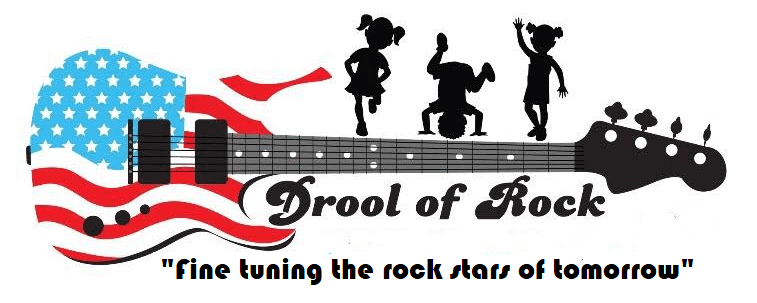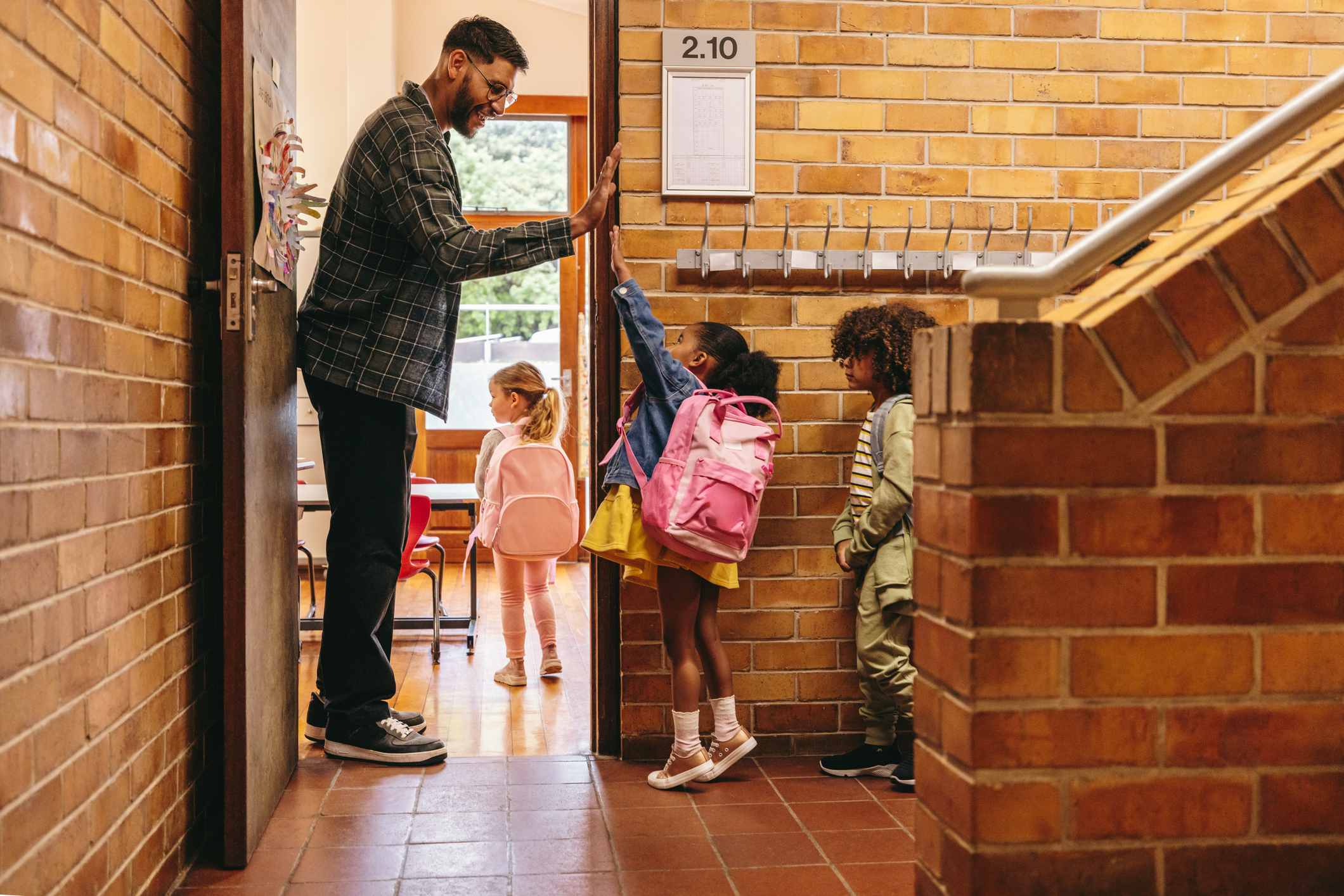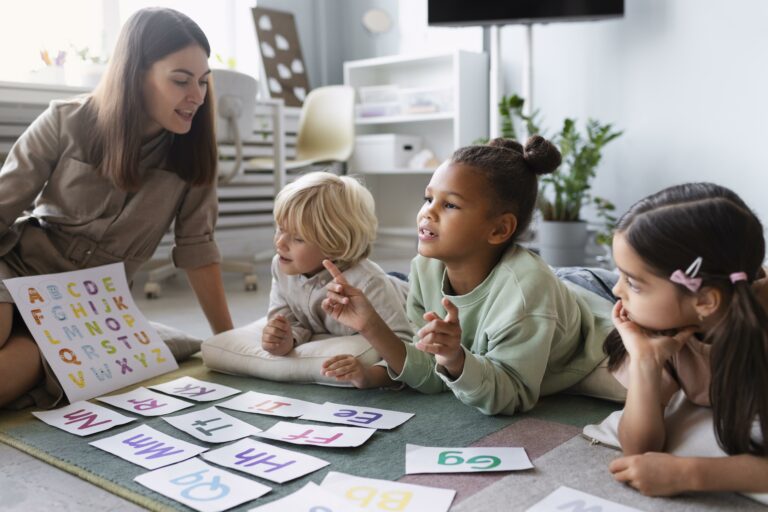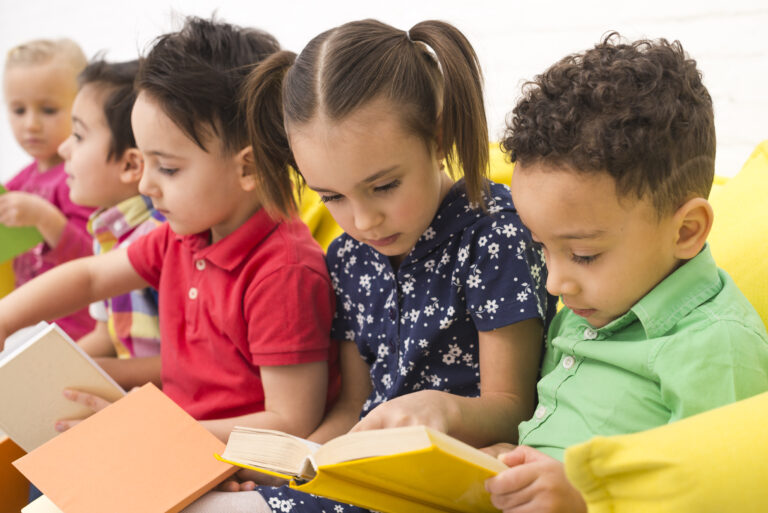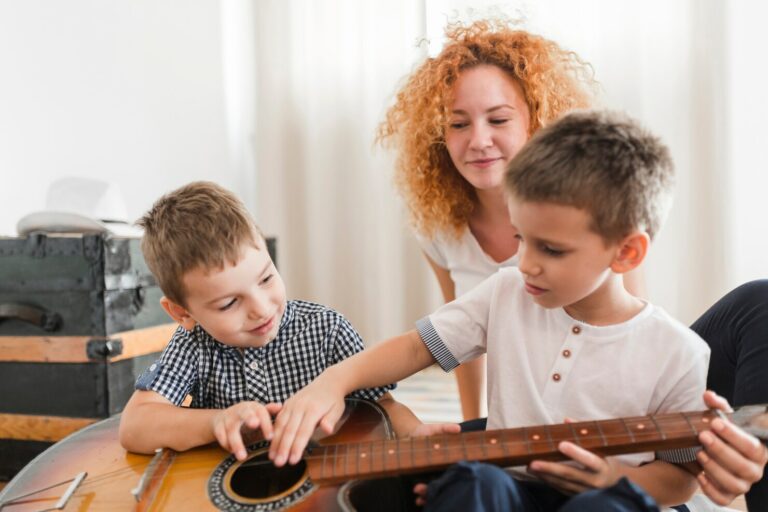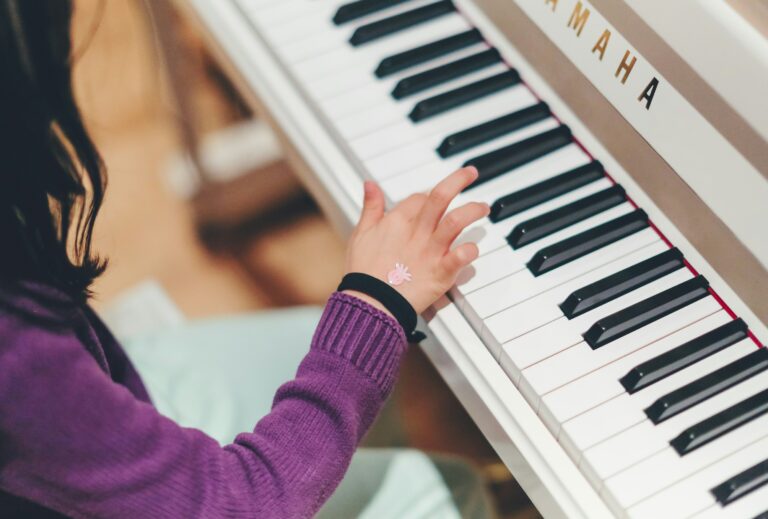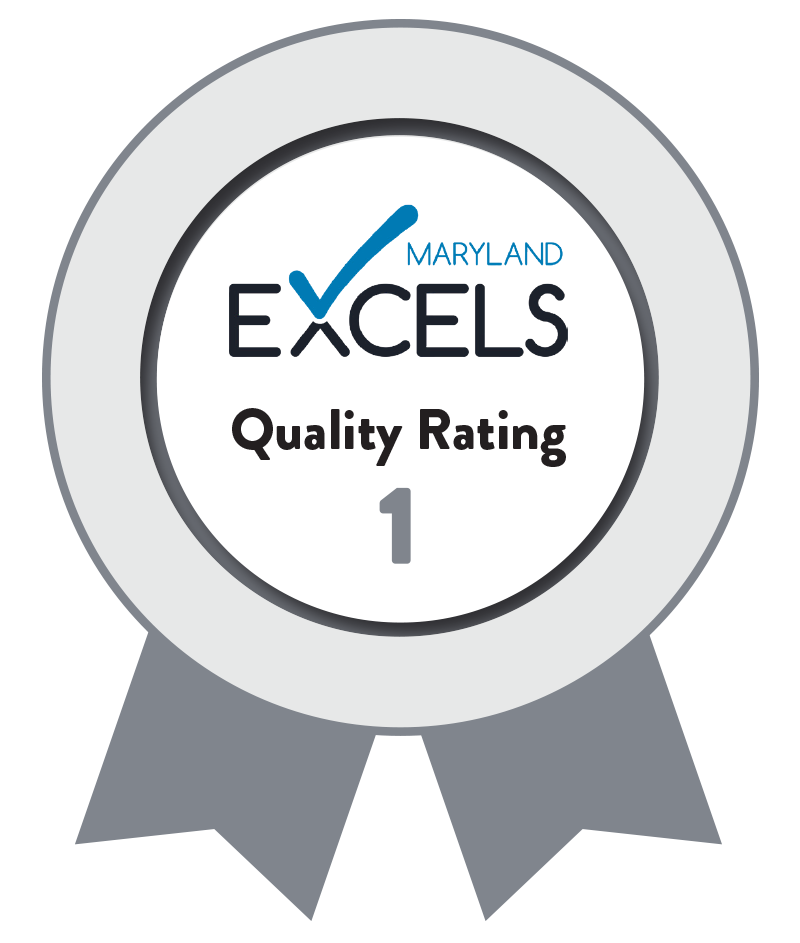Starting kindergarten is a big milestone for both children and their families. It’s often the first step into formal education, and while it’s an exciting time, it can also bring a lot of questions: Is my child ready? What skills should they have? How can I help them prepare?
Kindergarten readiness is more than just knowing letters and numbers. It’s about whether your child is developmentally prepared socially, emotionally, physically, and cognitively for the structure and expectations of a classroom. In this guide, we’ll explore what “ready” looks like, how you can support your child, and why early childhood programs that integrate music and play can make a huge difference.
What Is Kindergarten Readiness?
Kindergarten readiness refers to the combination of skills and behaviors that help a child succeed in school from day one. While every child develops at their own pace, educators generally look for children to show strengths in five key areas:
- Language and communication skills
- Social and emotional development
- Cognitive (thinking and learning) skills
- Physical and motor development
- Approaches to learning (curiosity, persistence, focus)
Let’s break these down.
Key Skills for Kindergarten Readiness
1. Language and Communication
Can your child express their needs? Follow directions? Understand simple stories? These are important for participating in class discussions, asking for help, and following daily routines. Listening and speaking skills develop over time and can be supported through reading, singing, and conversation at home.
2. Social and Emotional Development
Your child doesn’t need to be outgoing, but they should be able to take turns, share with others, and start to manage their emotions. Being ready for kindergarten means being able to separate from a caregiver, work in a group, and follow simple rules.
3. Cognitive Skills
These include early math and literacy skills like recognizing letters, counting to 10, or identifying basic shapes and colors. Just as important are problem-solving abilities, like figuring out how to complete a puzzle or asking questions when something is unclear.
4. Physical Development
Fine motor skills help with writing, cutting, and using classroom tools. Gross motor skills help with physical activity like running, jumping, or balancing. A child who can hold a crayon, use scissors, or climb stairs with ease will feel more confident in a school setting.
5. Curiosity and Independence
Is your child excited to learn new things? Do they keep trying when something is hard? A child who is curious, asks questions, and enjoys exploring is already on the path to becoming a successful learner.
How Parents Can Support Kindergarten Readiness
Kindergarten is a transition, but with the right support, it can be a smooth and joyful one. Here are some ways you can help your child prepare:
- Read together every day. Talk about the stories and ask questions.
- Encourage independence. Let your child try new things, from dressing themselves to cleaning up toys.
- Practice routines. Try setting consistent morning, snack, and bedtime routines similar to a school schedule.
- Build social skills. Arrange playdates, group classes, or other opportunities for your child to interact with peers.
- Use music and movement. Songs, rhymes, and games build early literacy and motor skills in a fun, low-pressure way.
Why Music-Based Preschool Programs Work
At centers like Drool of Rock, we use music as a core part of early education, and for good reason. Music supports all areas of development linked to kindergarten readiness:
- Language: Singing builds vocabulary and teaches sentence structure.
- Social skills: Group music activities teach cooperation and turn-taking.
- Memory and focus: Learning lyrics and rhythms supports cognitive growth.
- Motor development: Dancing and instrument play improve coordination.
Plus, music makes learning joyful—helping children develop a lifelong love of discovery.
What to Expect in Kindergarten
Most kindergarten programs expect children to:
- Follow simple directions
- Sit for short periods of time
- Use the restroom independently
- Recognize some letters and numbers
- Play cooperatively with peers
No child is expected to be perfect in all of these areas. Readiness is about being developmentally on track and open to learning new things.
If you’re unsure about your child’s readiness, talk to their preschool teacher or pediatrician. Many schools also offer kindergarten screening tools to help assess skills before the school year begins.
Final Thoughts: Every Child Grows in Their Own Time
Kindergarten readiness isn’t a checklist, it’s a journey. Some children may excel socially but need support with fine motor skills. Others may know the alphabet but need practice working in a group. That’s normal.
The most important thing is that your child feels confident, supported, and excited about learning. With encouragement at home and in early learning environments like music-based preschool, your child will be ready to thrive in kindergarten and beyond.
